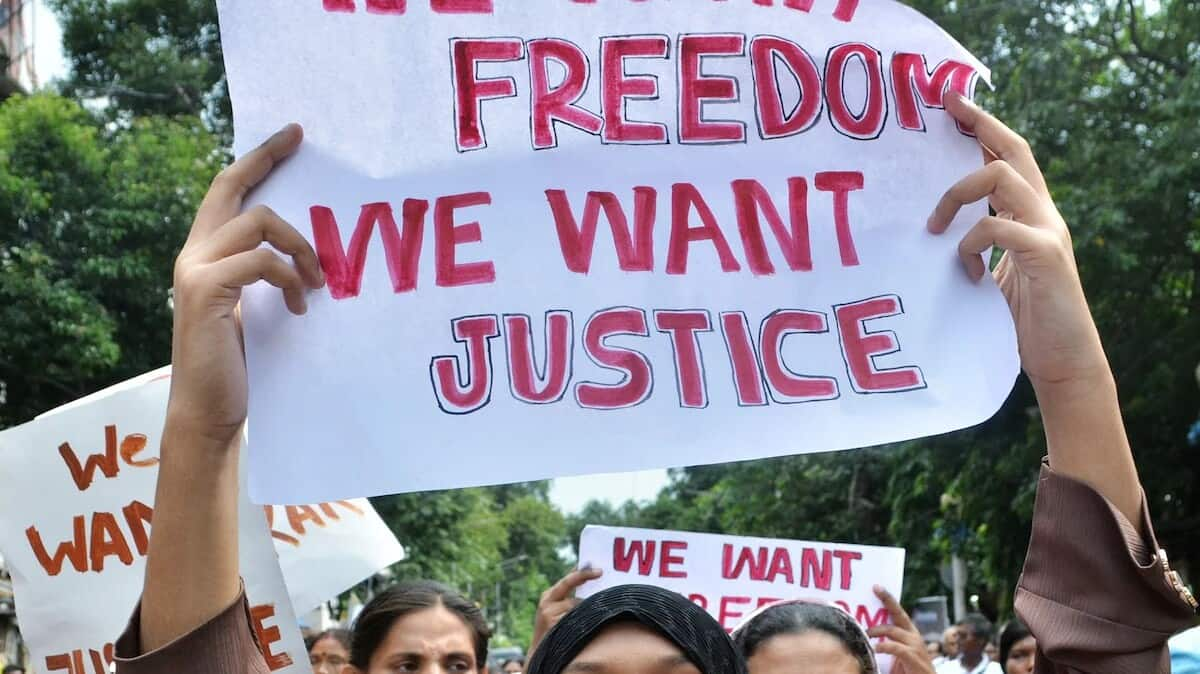
1 in 3 Indian doctors feel unsafe during night shifts
What's the story
A recent study by the Indian Medical Association (IMA) has revealed that one-third of its respondent doctors, predominantly women, feel "unsafe" or "very unsafe" during their night shifts. The online survey was conducted to assess safety concerns among doctors during night shifts. It received 3,885 individual responses from over 22 states across India, making it the largest study on this topic to date.
Safety issues
Survey reveals safety concerns among young doctors
The survey, compiled by Dr Rajeev Jayadevan and his team, found that 24.1% of doctors reported feeling unsafe while another 11.4% felt very unsafe during their night shifts. This sense of insecurity was particularly high among women and doctors aged between 20-30 years, a group largely consisting of interns and postgraduates. The study also revealed that a duty room was not available to 45% of respondents during night shifts, contributing to their feelings of insecurity.
Infrastructure concerns
Concerns over availability, condition of duty rooms
The availability and condition of duty rooms were found to significantly impact doctors' sense of safety. However, the study revealed that these rooms were often inadequate due to overcrowding, lack of privacy, and missing locks. This forced doctors to seek alternative rest areas. Additionally, more than half (53%) of the duty rooms were located far from the ward/casualty area and nearly one-third did not have an attached bathroom, further compromising their utility and security.
Proposed solutions
Doctors suggest measures to enhance safety
To address these concerns, doctors suggested increasing the number of trained security personnel, installing CCTV cameras, ensuring proper lighting and implementing the Central Protection Act (CPA). They also recommended restricting bystander numbers, installing alarm systems and providing basic amenities such as secure duty rooms with locks. The study highlighted a substantial scope for improving security personnel and equipment in healthcare settings along with modifications to infrastructure for safe, clean and accessible duty rooms.
Further concerns
Additional factors affecting doctors' sense of safety
The study also highlighted additional factors affecting doctors' sense of safety. These included insufficient numbers of trained security personnel, inadequate lighting in corridors, absence of CCTV cameras and unrestricted entry of unauthorized individuals into patient care areas. Some doctors even reported feeling the need to carry weapons for self-defense due to these concerns. The study emphasized that senior faculty members bear the responsibility for implementing policies to improve patient care delivery and enhancing security measures in healthcare settings.